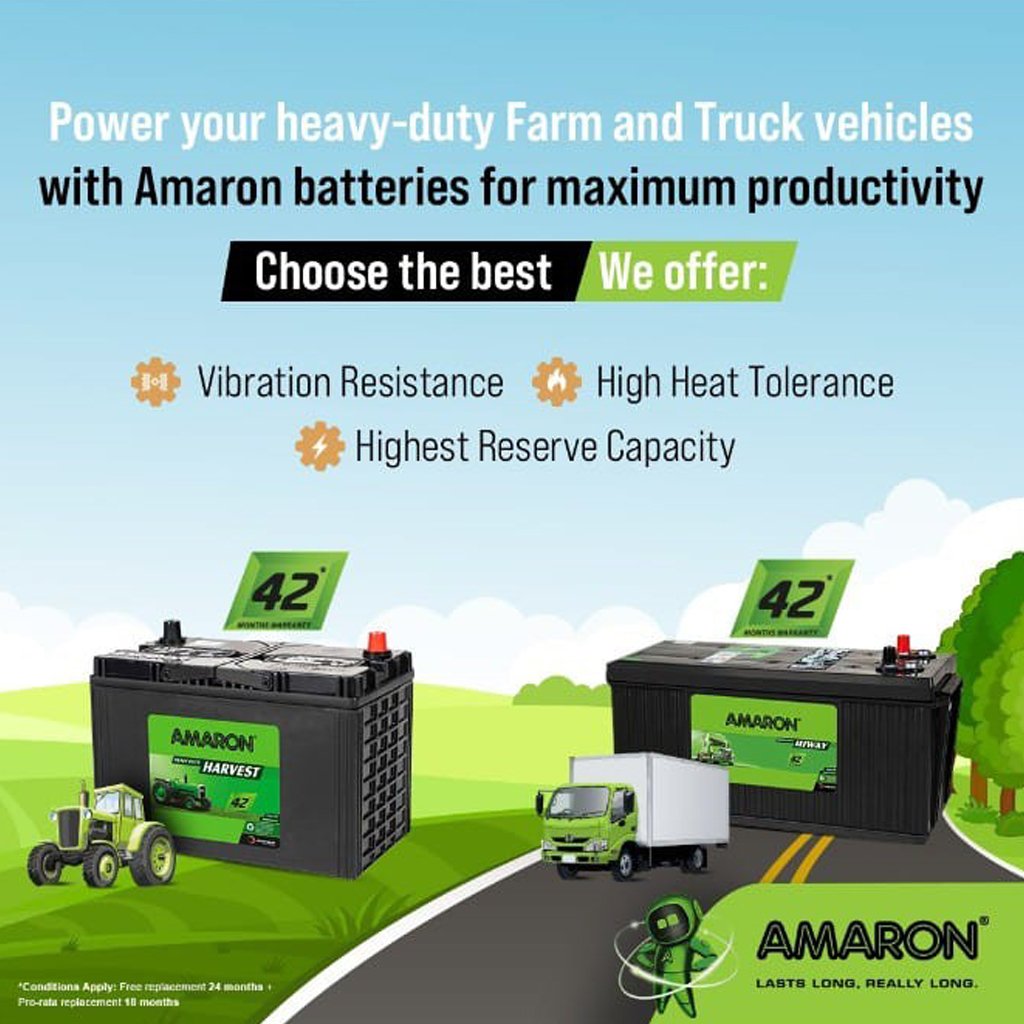
Understanding Inverter Batteries :
A Complete Guide
What is an Inverter Battery?
An inverter battery is a storage device that stores electrical energy in the form of direct current (DC). It works alongside an inverter, which converts this stored DC power into alternating current (AC) when a power outage occurs. This ensures that essential appliances like lights, fans, and computers keep running even when there’s no electricity.
How Does an Inverter Battery Work?
When there’s a power cut, the inverter draws power from the battery to supply your home or business. The battery discharges its stored energy, which the inverter converts from DC to AC to power your devices. Once the grid power is restored, the battery automatically begins charging through the inverter, preparing it for the next outage.
Types of Inverter Batteries
Key Factors to Consider When Choosing an Inverter Battery
Choosing the right inverter battery depends on several factors. Here’s what you should consider:
Capacity (Ah Rating): The capacity of an inverter battery is measured in ampere-hours (Ah), indicating how much power it can deliver over time. A higher Ah rating means the battery can power your devices for a longer duration during a blackout. Consider the power requirements of your home or office when selecting the right capacity.
Battery Life: The lifespan of the battery is another important factor. Tubular batteries generally have a longer life compared to lead-acid and maintenance-free batteries. Opt for a battery with a longer lifespan to avoid frequent replacements.
Warranty: Always check the warranty period offered by the manufacturer. A longer warranty provides peace of mind and reflects the manufacturer’s confidence in the battery’s durability.
Charging Time: Inverter batteries with faster charging times are essential if you experience frequent power cuts. A battery that charges quickly will ensure you’re always prepared for the next outage.
Price: While price is a consideration, it’s important to balance cost with the performance, lifespan, and features you need. An upfront investment in a high-quality battery can save you money in the long run.
Maintaining Your Inverter Battery
Proper maintenance can extend the life of your inverter battery. Here are some tips:
- Keep the Battery in a Well-Ventilated Area: This prevents overheating and ensures that the battery operates efficiently.
- Regularly Check Water Levels: If you have a lead-acid battery, monitor the water levels and refill with distilled water when necessary.
- Avoid Deep Discharges: Try to avoid fully discharging the battery, as this can shorten its life. It’s best to recharge the battery as soon as possible after a power outage.
Conclusion
Inverter batteries are a vital component of any backup power system, ensuring that life goes on smoothly during power outages. Understanding the different types of inverter batteries, their functions, and how to choose the right one can make a big difference in maintaining an uninterrupted power supply. Whether you’re looking for affordability, longevity, or low maintenance, there’s an inverter battery out there to meet your needs.
At Ashish Automobiles, we offer a wide range of reliable inverter batteries tailored to your specific requirements. Our experts can guide you in making the best choice to keep your home or business powered, no matter the circumstance.
